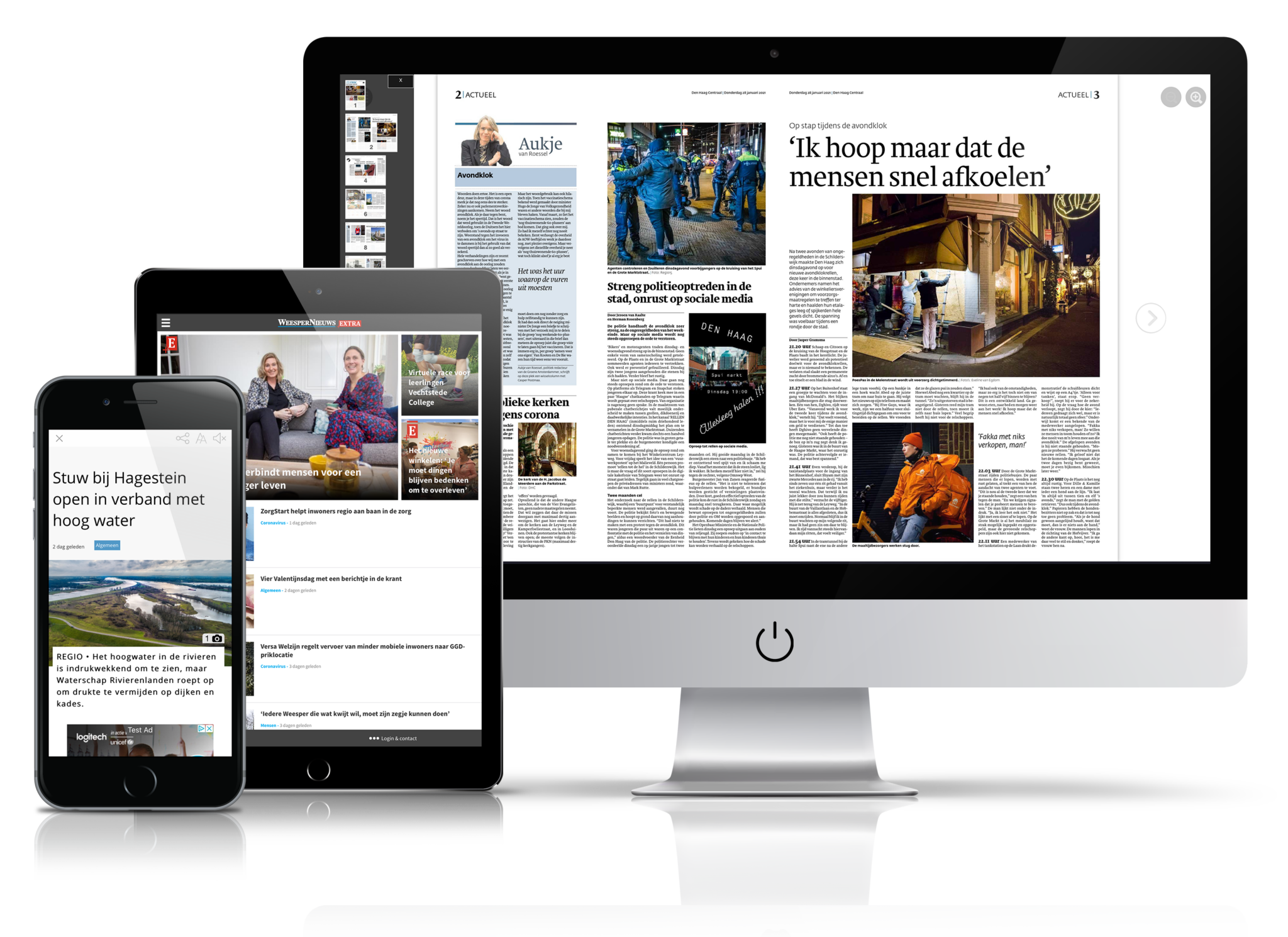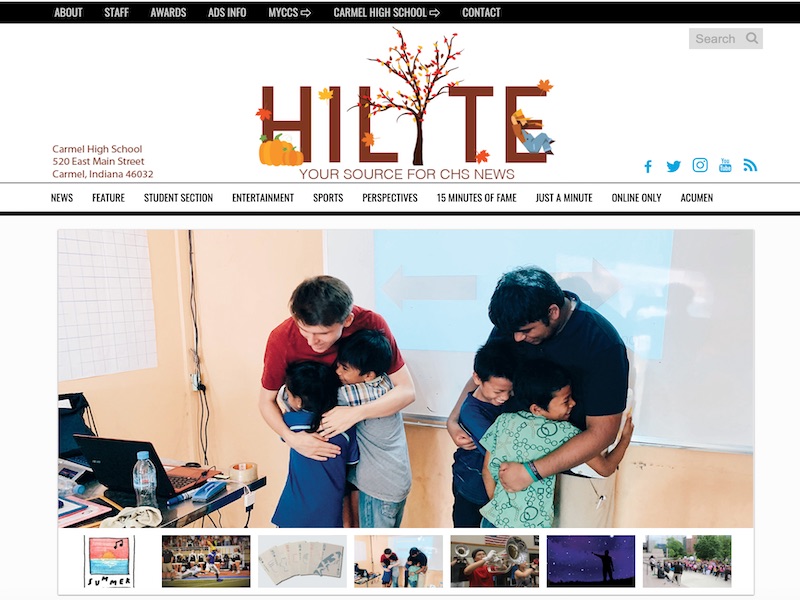What Does News Websites Mean?
What Does News Websites Mean?
Blog Article
A Biased View of News Websites
Table of ContentsThe Buzz on News WebsitesThe Ultimate Guide To News WebsitesThe 45-Second Trick For News WebsitesHow News Websites can Save You Time, Stress, and Money.The Buzz on News Websites
It was down in the UK and Brazil but up some other countries, such as Greece, Bulgaria, and Poland (News Websites). This year, for the very first time, we inquired about the various means that individuals stay clear of the news and discovered that around half of avoiders (53%) were trying to do so in a broad-brush or regular method for example, by switching off the radio when the information came on, or by scrolling past the information in social mediaYou said that you try to proactively stay clear of information.

I'm most likely picking to learn more light-hearted stories than I utilized to at the minute. M, 51, UK Turning my back on news is the only means I feel I can deal sometimes. I need to purposely make the initiative to turn away for my own psychological health.
What Does News Websites Mean?
Selective evasion of Ukraine information was highest in many of the countries closest to the problem, strengthening searchings for from our additional study last year, right after the battle had started. Our data might not recommend a lack of passion in Ukraine from close-by nations but instead a desire to take care of time or safeguard psychological health and wellness from the very actual horrors of battle.
Comparing Finland with a politically polarised nation such as the United States (see following chart) that is less influenced by the war, we locate a very different pattern of subject avoidance. In the USA, we find that consumers are more probable to avoid topics such as nationwide politics and social justice, where disputes over issues such as sex, sexuality, and race have actually become highly politicised.
American politics are quite toxic these days. I find often that I have to detach from stories that just make me upset. F, 61, United States For some people, bitter and dissentious political disputes are a reason to switch off news altogether, but for some political partisans, avoidance is frequently about blocking out perspectives you don't want to listen to.
What Does News Websites Mean?
Some are wanting to make information a lot more available for hard-to-reach teams, expanding the information program, appointing more motivating or positive information, or embracing positive or solutions journalism that offer people a feeling of hope or individual company. In our study this year, we asked respondents concerning their interest in these various techniques.
This explains why tales like Ukraine or national politics do well with news regulars however can at the very same time turn much less interested users away (News Websites). Discerning avoiders are less curious about all sorts of information than non-avoiders yet in family member terms they do appear to be more curious about favorable or solutions-based news

The Facts About News Websites Uncovered
2023). This may hold true in the moment, but with time it appears to be leaving many people vacant and much less completely satisfied, which may be threatening our link with and count on the news. Throughout markets, general trust in information (40%) and depend on in the sources individuals use themselves (46%) are down by an even more 2 percent points this year.
Through the rear-view mirror, the COVID-19 trust fund bump is clearly noticeable in the adhering to chart, though the instructions of travel afterwards has actually been mixed. In some instances (e.g. Finland), the count on increase has actually been maintained, while in others the upturn looks even more anchor like a blip in a tale of ongoing long-term decrease.
A few of the highest possible reported degrees of media criticism are located in countries with greatest levels of distrust, such as Greece, the Philippines, the USA, France, and the UK. The most affordable levels of media criticism frequent those with higher levels of trust fund, such as Finland, Norway, Denmark, and Japan.
The 3-Minute Rule for News Websites
This year we asked participants regarding their preferences for text, audio and video when consuming information online. Generally, we locate that the bulk still like to check out the news (57%), instead of my sources watch (30%) or listen to it (13%), but younger individuals (under-35s) are most likely to pay attention (17%) than older teams.
Behind the averages we find significant and surprising nation distinctions. In markets with a solid reading tradition, such as Finland and the United Kingdom, around 8 in 10 still like to check out on the internet news, yet in India and Thailand, around 4 in ten (40%) say they prefer to watch news online, and in the Philippines that percentage mores than fifty percent (52%).
Report this page